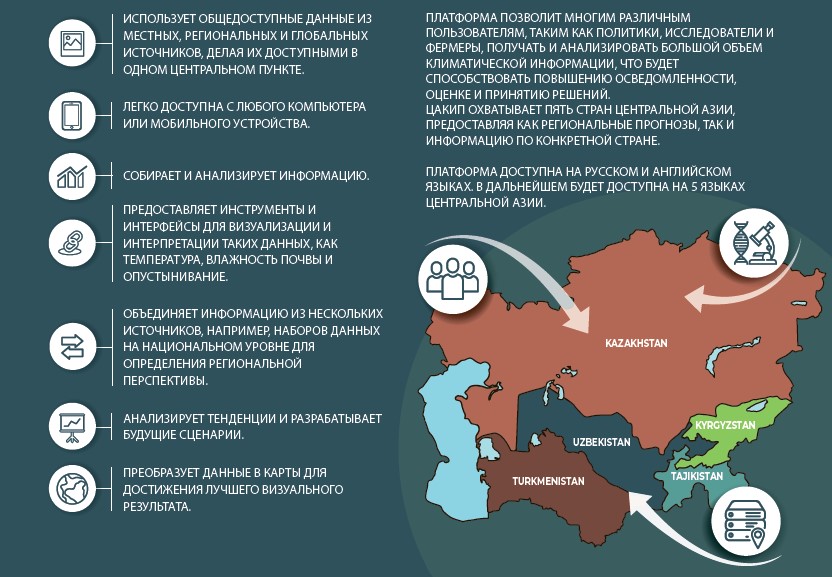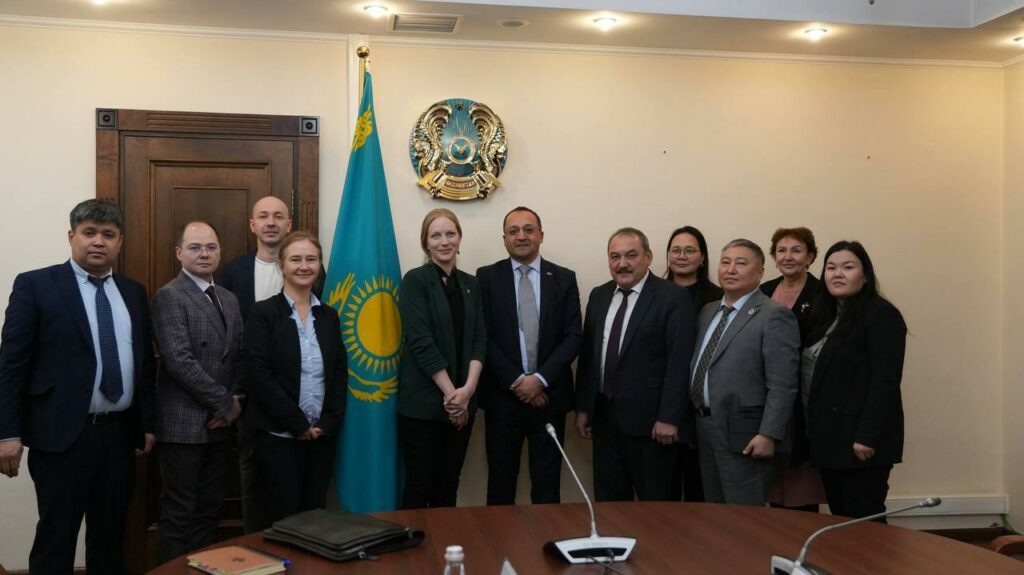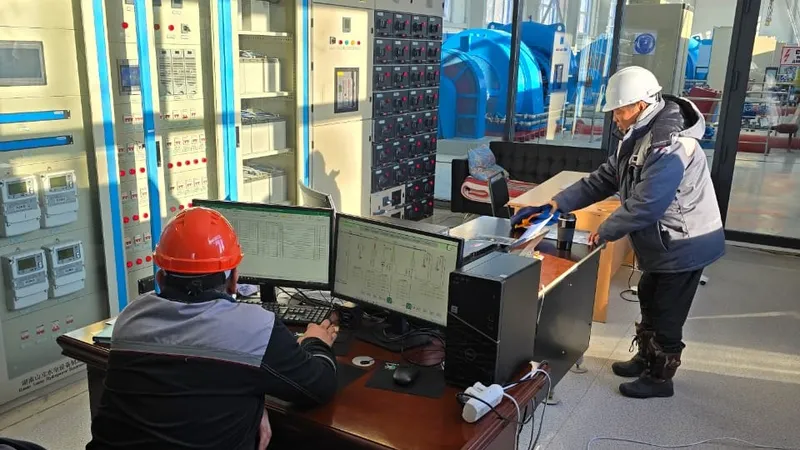The program of the Regional Environmental Centre for Central Asia (CAREC) “Climate Change and Sustainable Energy” was presented at the 14th Central Asian Leadership Program on Environment for Sustainable Development (CALP) “Glacier Horizons and Climate-Smart Mountain Disaster Risk Management in Central Asia”.
The main objective of the program is to support the national policies of Central Asian countries on climate change and sustainable energy, using a low-carbon development approach, carbon sequestration, promoting energy efficiency and the introduction of renewable energy sources, as well as promoting approaches to adaptation and mitigation of climate change.
The regional activities of the CAMP4ASB project from 2022 to 2024 included the climate investment assessment mechanism, advocacy and coalition building, and improved access to information and knowledge.
Equally significant was the activity to support the Central Asian countries in preparing for and participating in the Conferences of the Parties to the UNFCCC, including the organization of the first-ever UNFCCC Central Asian Pavilion at COP-26 in Glasgow.
The participants of the 14th CALP were presented with the Central Asia Climate Database.

Information was also provided on the activities of the Regional Climate Action Transparency Hub for Central Asia (ReCATH), which deals with transparency issues in the region. Its objectives include strengthening the national capacity of countries and creating a working network of experts in the region to support efforts to improve sustainable and inclusive systems of climate action transparency, as well as to comply with reporting requirements under the Paris Agreement; creating a sustainable platform for the exchange of experience between experts and stakeholders; supporting national decision-making processes in the field of climate measures and policies, reaching out to investors and other stakeholders to implement measures to mitigate and adapt to climate change.
The CALP participants also learned about the activities of the Climate Risk Management in Central Asia project, which includes a series of country- and transboundary-level activities to identify and assess climate risks for each of the selected (transboundary) water basins, in particular, for Isfayram-Sai (Kyrgyzstan and Uzbekistan), Shakimardan (Kyrgyzstan and Uzbekistan), Zarafshan (Tajikistan and Uzbekistan), Chong-Kemin/Chu River (Kyrgyzstan and Kazakhstan) and Murghab (Turkmenistan). These basins were selected by GIZ political partners in each of the participating countries.
Additional information:
Irina Bekmirzaeva, CAREC Program Manager “Climate Change and Sustainable Energy”, ibekmirzaeva@carececo.org



